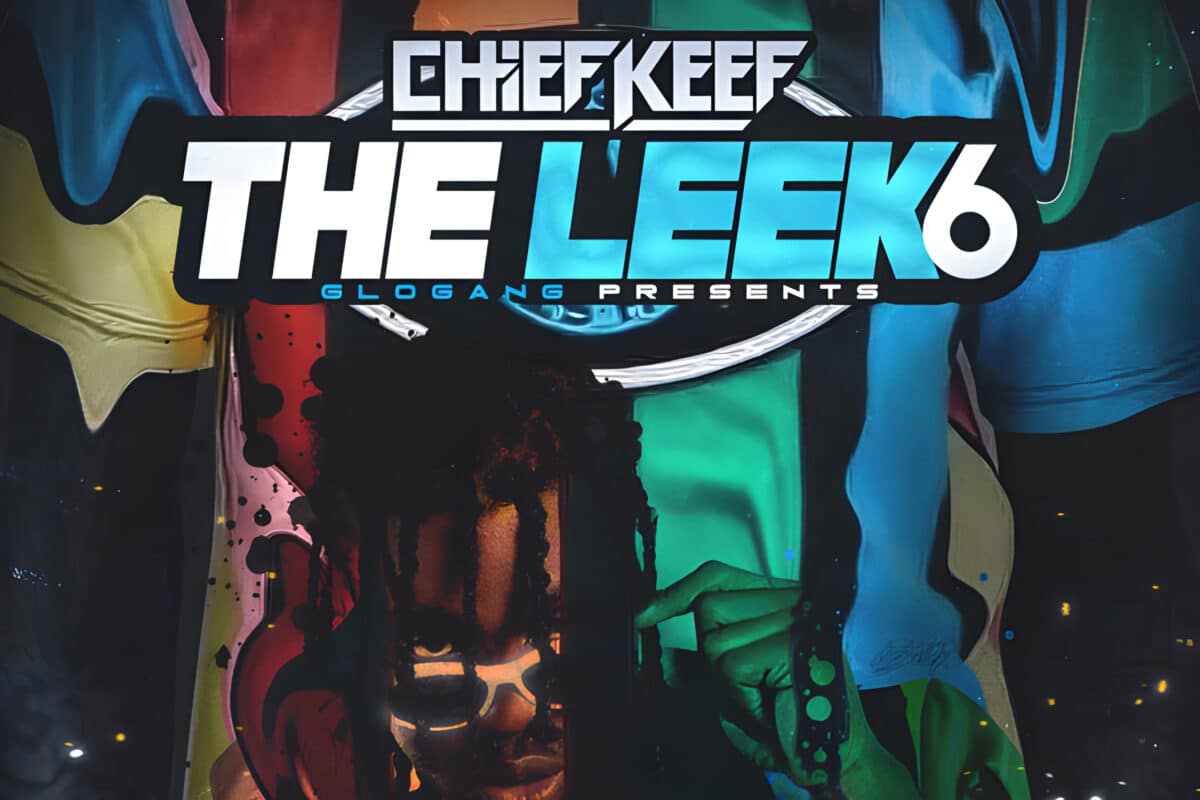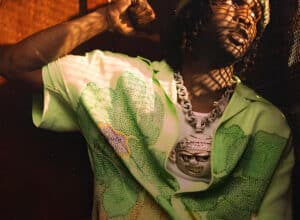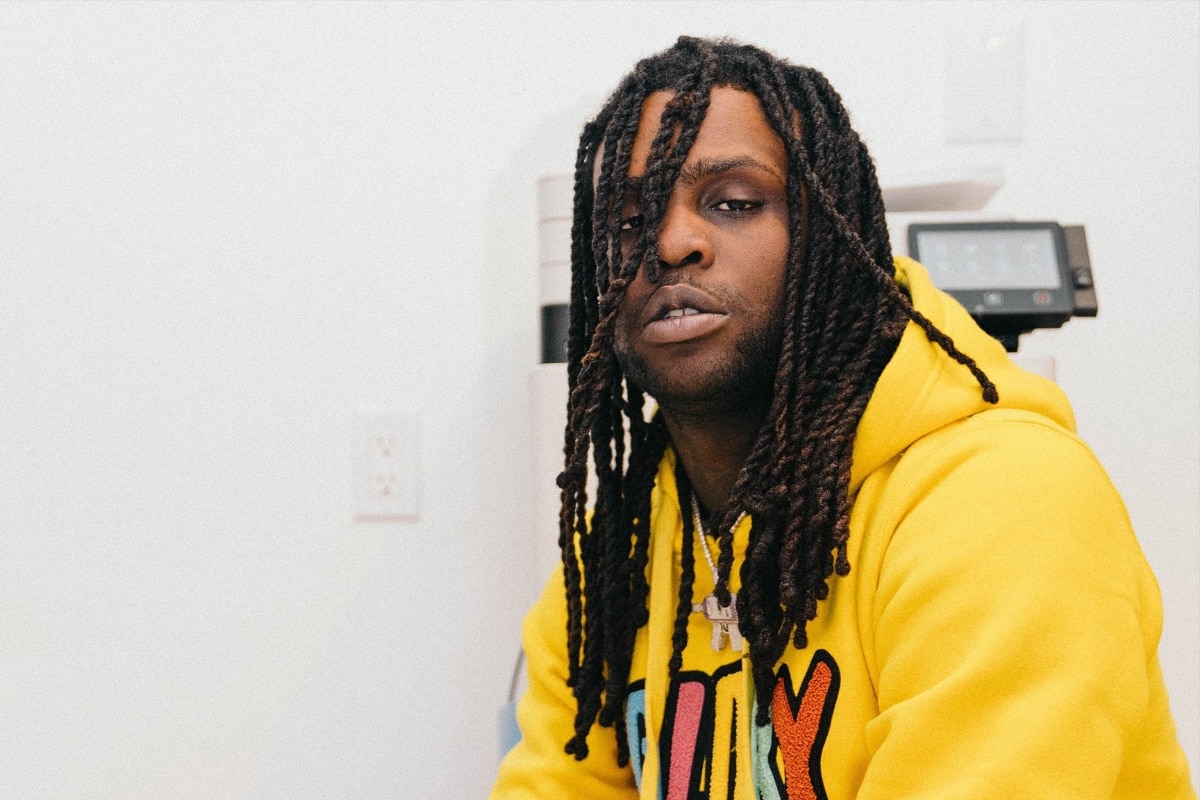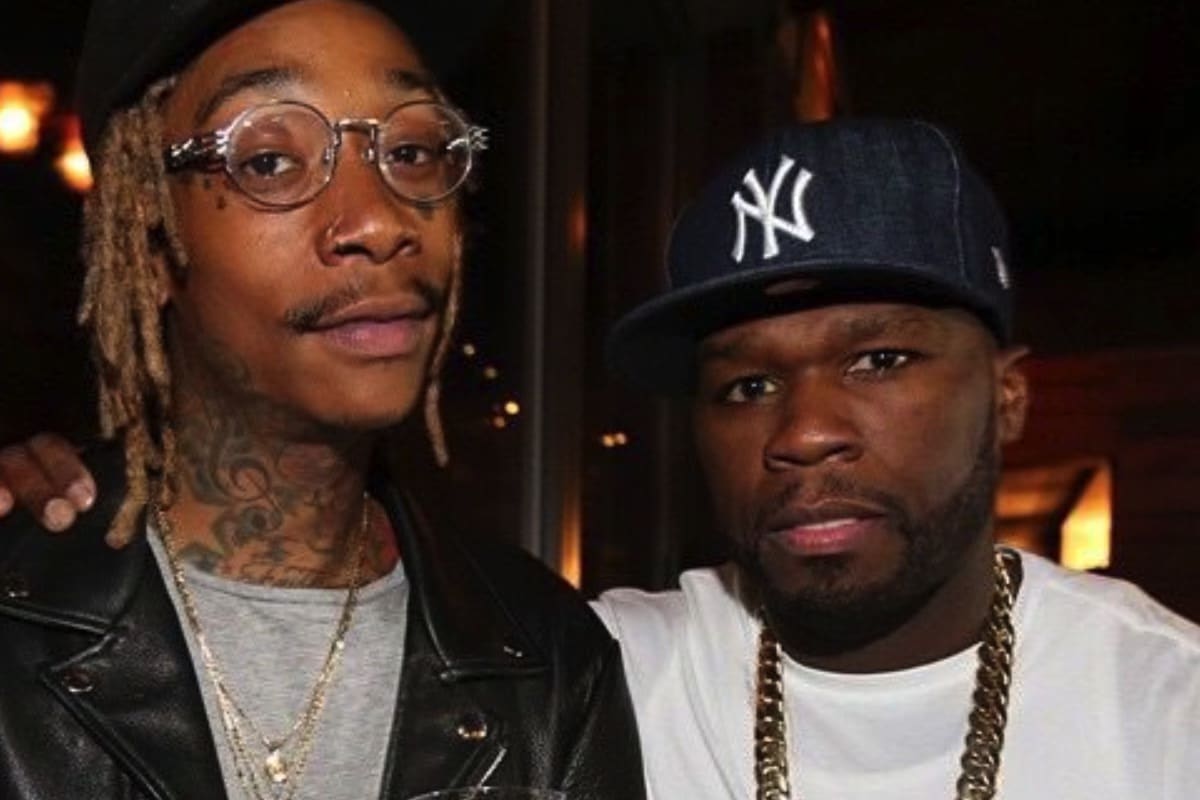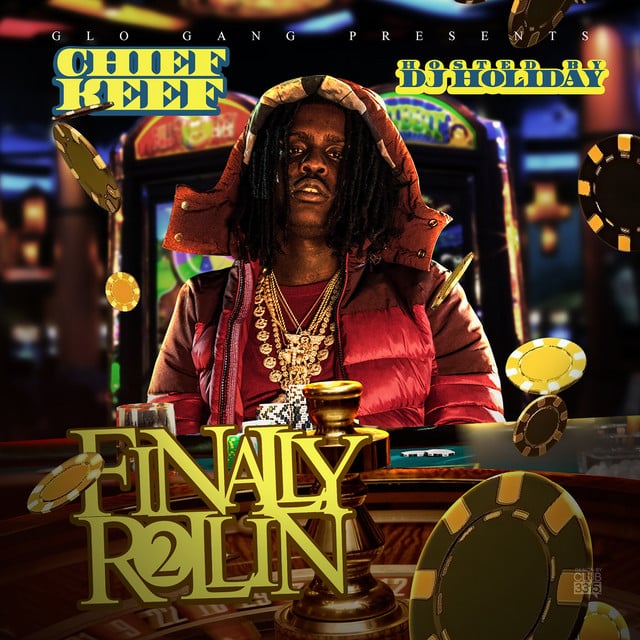Released: 2018
Chief Keef’s track “D-Line” is a gritty exploration of street life, dealing heavily with themes of drugs, gang affiliations, and the harsh realities of life in the projects. Throughout the song, Keef portrays a vivid picture of the environment he’s from, with a particular focus on the risks and penalties associated with crossing boundaries—metaphorically represented as the “D line”.
In the hook, “Baby girl, I’m high as the D line / We got Glocks and chops up in the D line / My niggas posted like a street sign,” Chief Keef establishes the “D line” as both a literal and figurative boundary. The “D line” is a representation of the space he and his crew occupy and control, possibly indicating a specific street or area significant to his operations. “High as the D line” suggests a state of mind heavily influenced by drugs, and the reference to “Glocks and chops” underscores the preparedness for violence.
As the verse continues, Keef repeatedly references being “posted like a street sign,” reinforcing the idea of territoriality and constant vigilance. The use of street imagery speaks to the lifestyle of being on watch and ready for confrontation, a necessary attitude when guarding territory in gang culture. “Penalty if you cross that fucking D line” explicitly warns of severe consequences for those who dare to challenge or encroach upon his territory.
Chief Keef further illustrates the central theme by saying “Who wanna work Almighty D line? / Trapping out a mil’ fast at the D line.” Here, “trapping” refers to drug dealing, and “a mil'” denotes the significant money being moved. This line glorifies the successful, albeit dangerous, financial gains of running the D line operation, indicating how high the stakes are.
In the lines “Smoking dope up out the D line / You want some blows? You at this D line,” Keef depicts the transactional nature of his operations, where “smoking dope” implies the casual use of drugs while “blows” refer to drugs, like cocaine. This paints a picture of constant hustle and availability, with the D line being central to this commerce.
The lyrics “Are you working for the po’s? Tell on me hah” insinuate a constant mistrust of outsiders and fear of informants, with “po’s” being slang for police. In street culture, there is always a concern of infiltration by law enforcement, adding to the tension of maintaining operations like the D line.
When Keef mentions “Bitch, it’s just The Book Of Eli / Don’t be tryna rob the D line, it’s the beehive,” he draws an analogy to the film “The Book of Eli,” suggesting his and his crew’s determination and readiness to protect their territory. Calling the D line a “beehive” conjures the image of a space that is not to be disturbed, unless one is willing to face a swarm of defenders.
The intensity increases as he raps “Get your dumb ass stinged now / Get hit with 30 shots three times.” These lines underscore the brutality and deadly seriousness of defending the D line, illustrating a scenario where any perceived threat is met with overwhelming and relentless force.
Further in the song, Keef mixes violence and social interactions, like when he brags “She sucked my dick, that bitch GBE now / And she did it at the D line.” GBE, Glory Boyz Entertainment, is his label, and the line shows dominance and inclusion in his inner circle by association with sexual conquests. It highlights the blending of personal and gang dynamics in his world.
Closing out, Chief Keef revisits the theme of abundance and danger with lines like “Just came back with ’bout 60 / ‘Fore you came back, switchin’ licks, pass it to me / Bang,” illustrating a never-ending cycle of high-risk deals and rapid turnovers. The D line represents a place of profit and peril, with every transaction steeped in risk.
Chief Keef’s “D-Line” stands as a raw and honest portrayal of his life in the streets. It provides listeners with a glimpse into a world governed by its own set of rules, highlighting the intersections of drugs, violence, and survival. In the broader context of his music and the drill genre, it’s another unapologetic testament to his upbringing and lifestyle, further cementing his position as a vivid storyteller in hip-hop.
